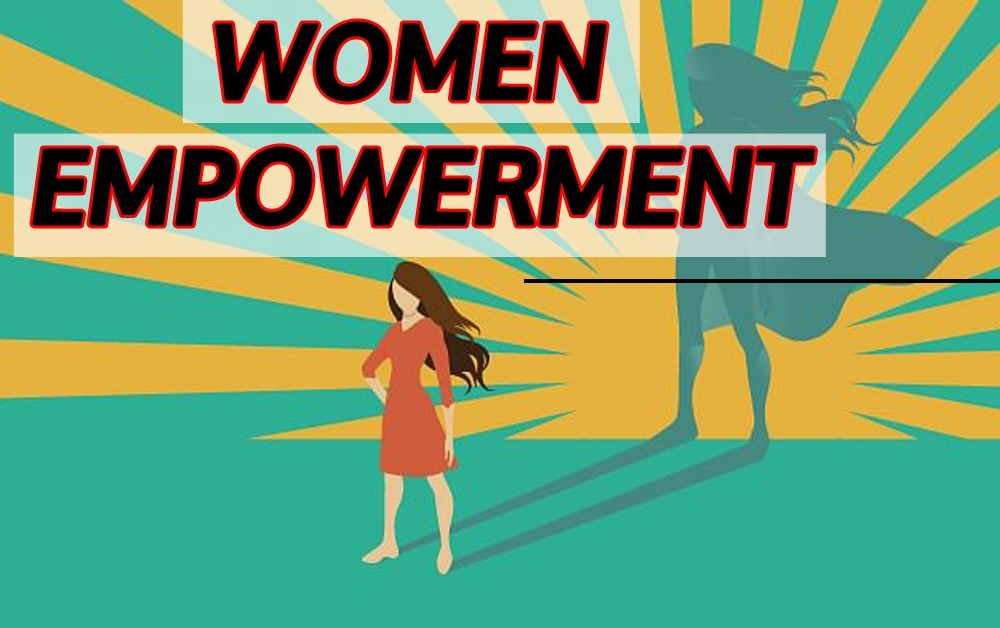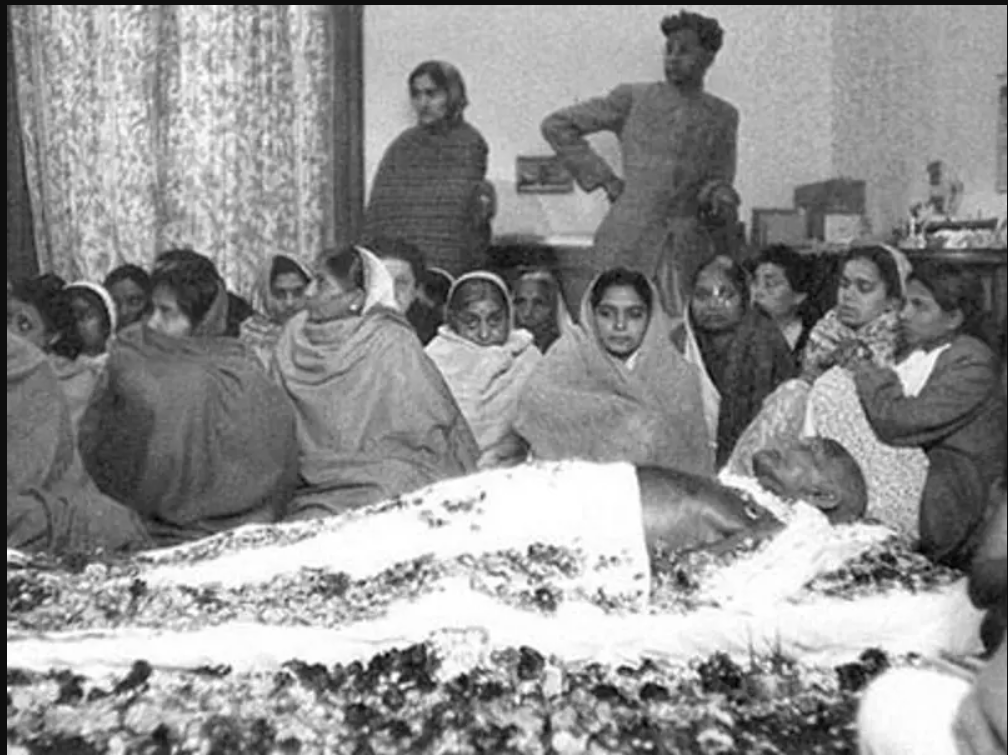Description

Copyright infringement is not intended
Context - The 5th Global Health 50/50 report, reviews the gender-related policies and practices of 200 international organisations.
Details
- The report is a “barometer of institutional performance around gender and governance”.
- It was launched by Global Health 50/50 (GH5050), an independent initiative that tracks and works for gender equality in the global health sector.
About 5th Global Health 50/50 report
- The 5th Global Health 50/50 report, reviews the participation of women from low- and middle-income countries on the boards of 200 global health companies.
- The Survey sample covers organisations from 10 sectors, in 33 countries that employ an estimated 4.5 million people.
- Women from low- and middle-income countries make up 42% of the global population yet are account for just 1% of board seats.
- According to the report, only 17 of the 2,000 board members in these 200 companies were women from low-income countries.
- Around 70% of these companies have not had a woman board chair in the last five years.
- There are no women from low-income countries on for-profit boards, according to the paper.
Women Entrepreneurs in India
- Nearly 3 million micro, small, and medium enterprises with full or partial female ownership contribute more than 3 % of industrial output and employ over 8 million people
- 78% of women enterprises belong to the services sector.
"SAMARTH" initiative to Promote Women's Entrepreneurship
- On the occasion of International Women’s Day 2022, the Union Ministry of MSMEs has launched a Special Entrepreneurship Promotion Drive for Women "SAMARTH".
- The initiative aims to develop an entrepreneurship culture among women by offering several additional benefits for women in the schemes implemented by the Ministry.
- The following benefits will be available to aspiring and existing women entrepreneurs:
- 20% of seats will be allocated for women in free Skill Development Programs organised under skill development schemes of the Ministry.
- 20% of MSME Business Delegations sent to domestic and international exhibitions will be dedicated to women-owned MSMEs.
- 20% Discount on annual processing fee on Commercial Schemes.
- Special Drive for registration of women-owned MSMEs under Udyam Registration.
- Through this initiative, the Ministry of MSME will provide Skill Development and Market Development Assistance to women and more than 7500 women candidates from rural and sub-urban areas will be trained in the FY 2022-23.
- Thousands of women will get marketing opportunities to showcase their products in domestic and international exhibitions.
- Single Point Registration Scheme.
Concerns
- The social status of women and prevalent social norms in India influence financial institutions and the ability of women entrepreneurs to access finance.
- Absence of collateral security and guarantee/support.
- Limited financial awareness and understanding of financial products/ services.
- Bank branches are unwelcoming to women customers.
- Lack of confidence or hesitation to approach financial institutions.
- The lack of reliable information about financial management makes women entrepreneurs less attractive to financiers
Way Forward
- Access to finance is a key to the growth of the MSME sector in India.
- Microfinance plays a key role in expanding access to finance for low-income women aspiring to become entrepreneurs.
- Training programs on human resources, financial management, business management, marketing, and financing the venture.
- Learning from Global Best Practices for Women-owned Enterprise Financing; Westpac Banking Corporation (AUSTRALIA), American Express (USA).
- DFCU BANK in UGANDA created a “land loan” specifically for women. Women can take a loan to purchase property that they can later use as collateral for business loans.
- Ensure access to business and financial management training through the bank’s partnerships with local universities.
- Simplify the approval process to reduce the number of visits to branches.
- Explore the potential for “doorstep financial delivery model” branchless banking and other innovative delivery systems tie-ups with NGOs, microfinance institutions, and SHGs.
- Remove dependence on male members of the family as a prerequisite to access finance.
- Promote a friendlier environment for women customers.
- Governments should promote Equal rights to property, joint property registration, and land ownership of women.
- Formulate women-focused policies to promote women-owned enterprises. Create an online customer care support.
https://www.downtoearth.org.in/news/health/very-few-women-board-members-from-low-income-countries-in-global-health-companies-report-82170













